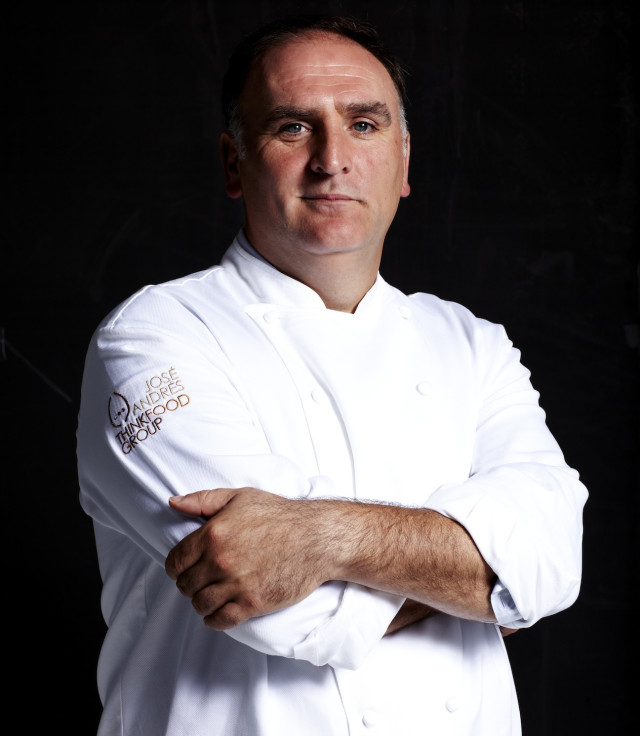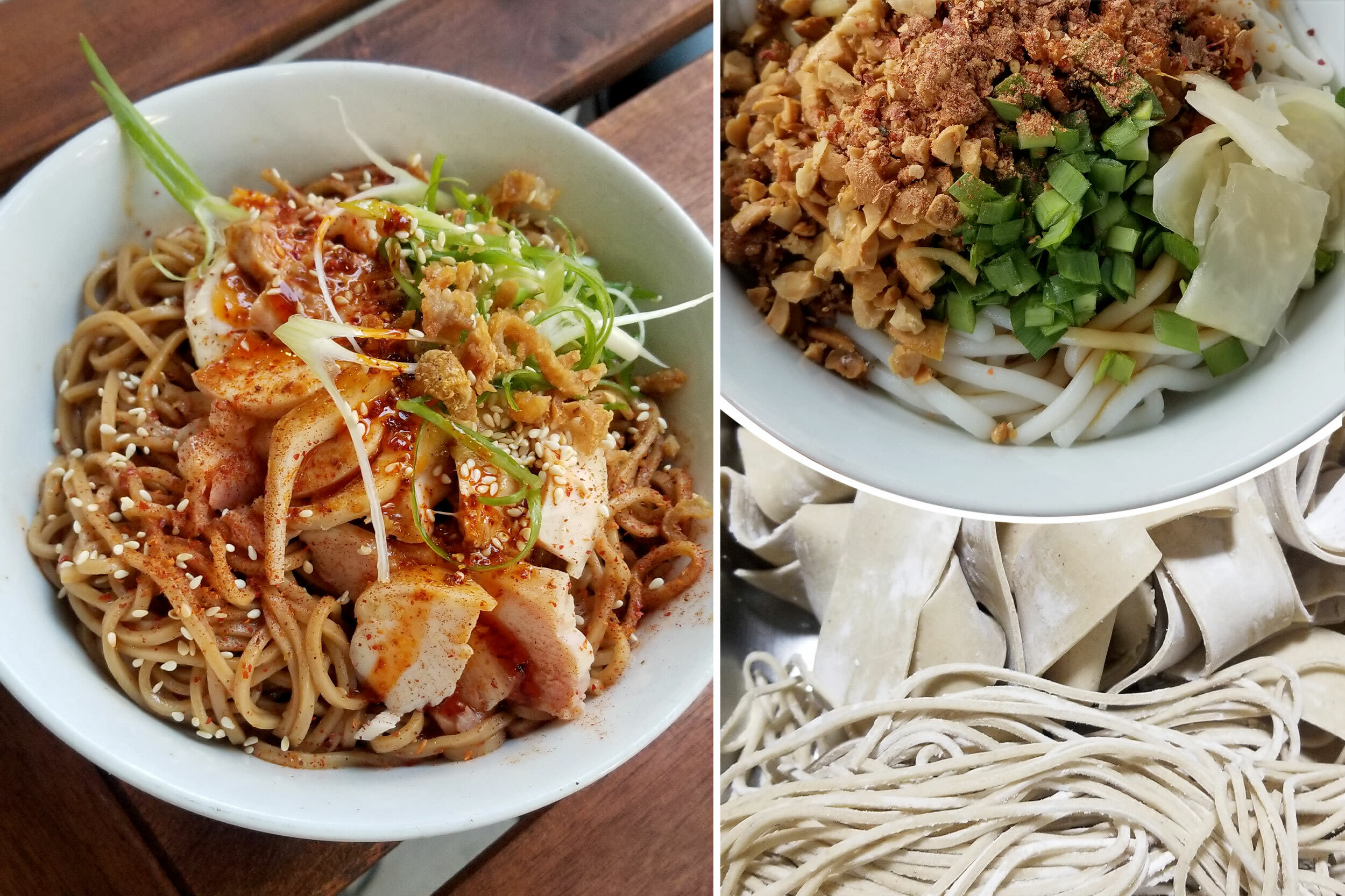Chef José Andrés Talks Restaurant Plans, Tom Douglas, and His Frustrations with 'Deadliest Catch'

Photo Courtesy of José Andrés
Chef José Andrés's forthcoming project—a collaboration with SLS Hotels that will bring both his Bazaar restaurant concept and new luxury digs to the 44-story tower going up at Fifth and Columbia—is still two years away. While in town doing recon for his first marquee venture in Seattle (which will be built inside a century-old church), the Spanish native and restaurateur behind Tres in Beverly Hills and DC's Minibar had plenty to say about why he is excited to break ground in the Northwest. (Interview condensed for clarity.)
Have you spent much time in Seattle?
A few times over the last few years. Sometimes I come with a plan in mind: Let me check the Tom Douglas restaurants. Or let’s go to the funky places. And you know Tom. You keep seeing him here and there. I’m always like, “You opened two more than me this year. What happened?” A little friendly competition. But I’m very excited to be here.
I worked with Dale Chihuly in his studio once. I broke a tooth blowing glass with him. He kept shouting, “Blow!” What am I going to do, complain to the great Chihuly? I created a few dishes in his honor.
So you’re two years out from opening the Bazaar project in the Fifth and Columbia Tower. At what point do you start getting your hands dirty?
Now. At the personal level I don’t open restaurants. I tell stories. I try to keep my team and I engaged. The way we work is very flat in the organizational chart. It is not a pyramid. In the end you are only as good as the team you have around you, and I have a heck of a good team. We invested a lot of time in each other. But me, I’ve been focusing on the stories, learning what Seattle is, what this part of town is. Then you begin to tell the story.
How much of that story is tied to the building itself?
I don’t know yet. But there will be touches. It’ll be whispers at the very least. In the end it’ll be Bazaar. Bazaar equals market. The church. Celebration. A meeting space. One of the great moments in the Bible is when Jesus kicks out every single merchant from the church. Now, I’m a merchant. And we are coming into the church. I hope nobody gets upset about that.
In what ways do you mean to bring the Bazaar concept to the Pacific Northwest?
One of the first ideas I had was an oyster bar. I don’t mean we will do one. But I thought why not have oysters in many ways and forms? It would be very simple to do. You have great wines here. I’m also a big fan of Chesapeake oysters. It will be good to unite Washington state with Washington, DC.
I think smoked salmon is going to be part of it somehow too. I don’t know yet. But it might be a very nice warm cheese mousse inside a hollow baguette with smoked salmon on top. Something like that. I always love salmon.
Seattle certainly shares your affection for seafood.
In Spain, there’s finesse with seafood that I miss. Especially in the small places. They’ve become very sophisticated with the timing of the boiling. Having a good product to start does not mean you have a good product at the end.
Big king crabs, for example. I love those. I wish more people could eat them fresh instead of frozen or preboiled. Take a look how they cook it! They put hundreds in the water, like in that show The Deadliest Catch. When I saw how they cook them, I was like, “You’ve got to be kidding me!” Give me a break. This is what makes me the most disappointed. They go to the deepest part of the sea and put their lives at risk. Then they cook the crabs that way. I wanted to kill them.
What do you think of this label of "Northwest cuisine" and what that might even mean?
I don’t think we need to force things. Identities are created by friendships. It’s a group of chefs who directly or indirectly share the same values, the same love for the region, for the neighborhoods, for a particular set of ingredients. It doesn’t happen in one day. Be pragmatic and be patient. Now it’s a good season for asparagus. You have a good season for mushrooms, for chanterelles, morels, a good season for Dungeness crab. These are the things that slowly give you an identity.
Your involvement in LA Kitchen, and its emphasis on minimizing food waste and feeding the needy, seems a natural fit here. How will you bring those principles to Seattle?
I’m not yet very well versed in all the nonprofits in Washington state. But I know that the restaurant community and food community is highly involved in food banks and the like. We want to be part of it. We need to remember that in this moment in history we cannot only take care of the few. We need to take care of the many. We cannot have a successful business here if the community is in disarray in the other corner.
It helps that Seattle is a city that composts.
You talk about composting. You talk about food waste. The conversation begins getting bigger. In the end everything seems different but everything is the same. One talk: How to be smart in the way we take on feeding America.
In my own restaurants, in DC for example, we’ve been trying hard to compost. But until the city as a whole creates the system it’s an unbelievably hard thing to do. It becomes a logistical nightmare. So Seattle is leading the way here. Obviously somebody always has to lead. It’s a good thing. It’s a necessary thing.




